Q&A: Jason Cooley of Frisco, Texas, Talks Organic Innovation in Government

Frisco, Texas, is a vibrant hub for venture capitalism and innovation, with a mostly suburban population of 226,000.
StateTech spoke recently with Jason Cooley about his role as the city’s chief innovation officer and to learn about some of the projects in Frisco of which he’s most proud.
STATETECH: How would you define your role as chief innovation officer?
COOLEY: My role is to identify what innovation fits our profile, what fits the city’s profile and what can we use to be better. And, then, if we deem that is something that we want to move forward with, I help align the resources within the city to make that happen, whether that’s fiscal resources, working with IT partners, geospatial information systems or the Frisco Economic Development Corp., whoever it is, making sure that we have all the resources available to actually implement the technology.
STATETECH: How do changing organizational demographics within the workplace affect expectations of service delivery and levels of communication?
COOLEY: We rolled out Microsoft Teams right at the beginning of the pandemic in March 2020, not because of COVID-19 but because we had been planning to implement it as a service delivery for our staff. We have to innovate the way we think internally with our staff if we want to retain and attract new staff, especially when you deal with staff in IT and geographic information systems. We have to always be implementing new things and evolving to make sure we can attract those new people.
STATETECH: What’s your process as a local government for vetting new technology?
COOLEY: The first step is talking to me and letting me know what the technology looks like — sometimes a short demo of what the application is and an initial information exchange. On the next round of questioning, I would bring in department directors who would be directly affected by the new technology. They might ask, ‘What are the interfaces that we need to use? What do we have to provide for the technology to run well?’ If there are things that we aren't happy with, or capabilities that are against what we would use or not, things that we would not want on our system or servers, that's when we would probably part ways and go find something else. If, as we go through this process, things continue to check off and it works for us, then we continue until we start to talk about procuring a service. We go through a stringent process of screening things out before we pay for an app to implement it.
